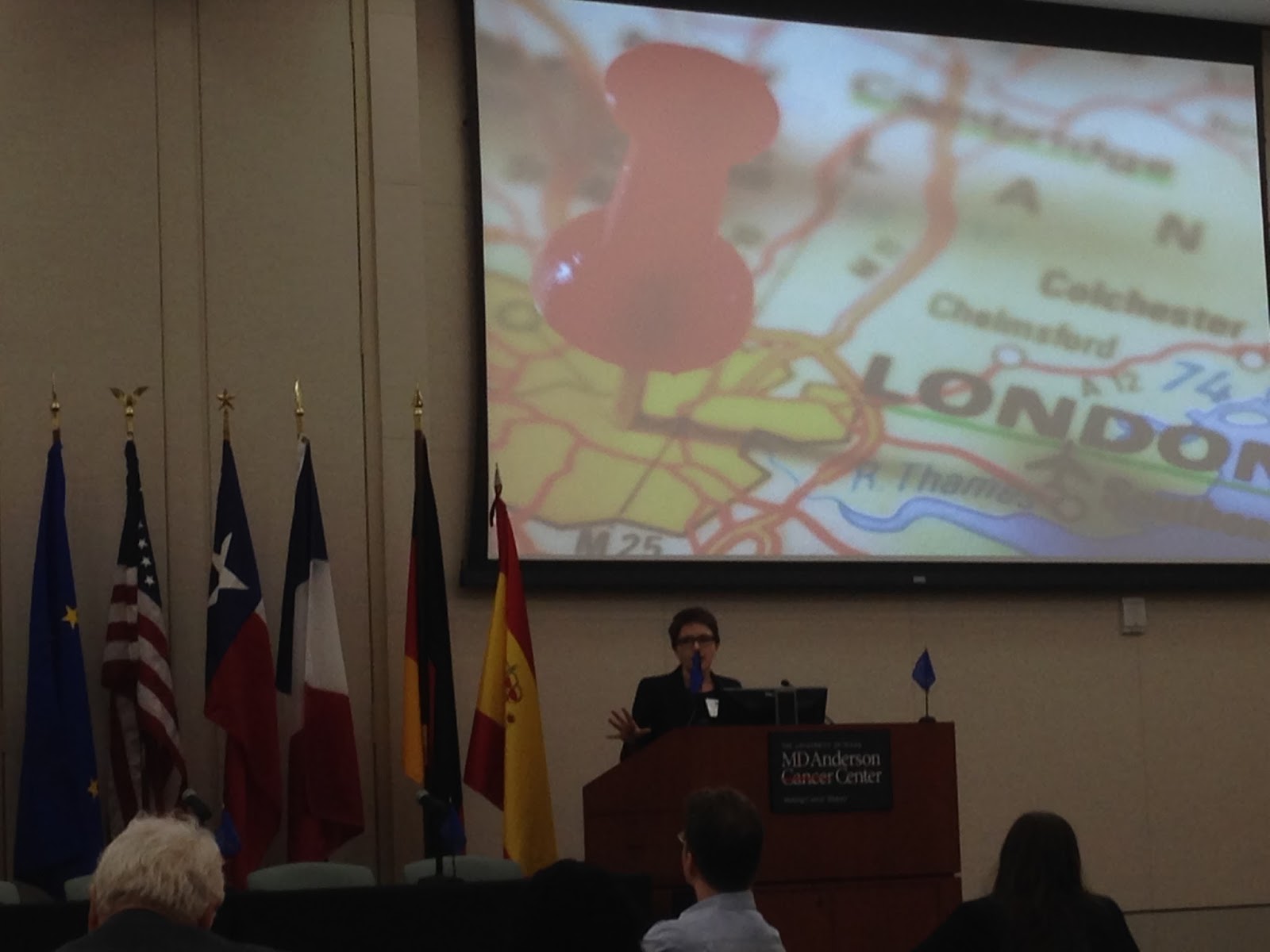This summer I was taking Administrative Leadership in Texas. This portion was dedicated to the Discovery Science Place.
http://www.discoveryscienceplace.org/
Tyler Mini Maker Faire 2014
Discovery Science Place has again partnered with Make Magazine to host the Tyler Mini Maker Faire on March 29, 2014. The Mini Maker Faire will open from 9 a.m. to 5 p.m. Guests can enjoy hands on demonstrations from approximately 30 exhibitors. Last year, more than 1,000 people braved the cold and rain to attend Maker Faire, an event they previously would have had to travel to a larger city to experience.
Eepy Birds, YouTube stars who do elaborate shows with Coke Zero and Mentos, is headlining the event with shows at 11 am and 3 pm.
Between shows, guests can mingle with Makers, as the people who exhibit at the Faire are called. Makers are anyone who makes stuff; inventors, scientists, engineers, artists and anyone who enjoys using ingenuity and creativity to bring their ideas to life.
“Tyler has a vibrant Maker community,” says Discover Science Place CEO Phil Lindsey. “The Tyler Mini Maker Faire is a fun way to showcase the innovation and creativity found here.”
Exhibitors from east Texas and around the country will showcase eclectic inventions like drones and robots. There will be demonstrations as well as opportunities for people to participate.
The Maker spectacle of science, technology, engineering and arts perfect for Discovery Science Place says CEO Phil Lindsey.
“Science centers like Discovery Science Place are a natural fit for a Maker Faire,” says Lindsey. “Science is about exploring, experimenting, re-conceiving and examining ideas and using good old fashion ingenuity to bring what was created to fruition. Maker Faire does that in many different ways that are unique, interesting to watch, exciting to do and easy to re-imagine in contexts that engage the participants.
Tickets are $12 for adults and $8 for children in advance and $15 for adults and $10 for kids at the door. This includes admission to the museum.















































